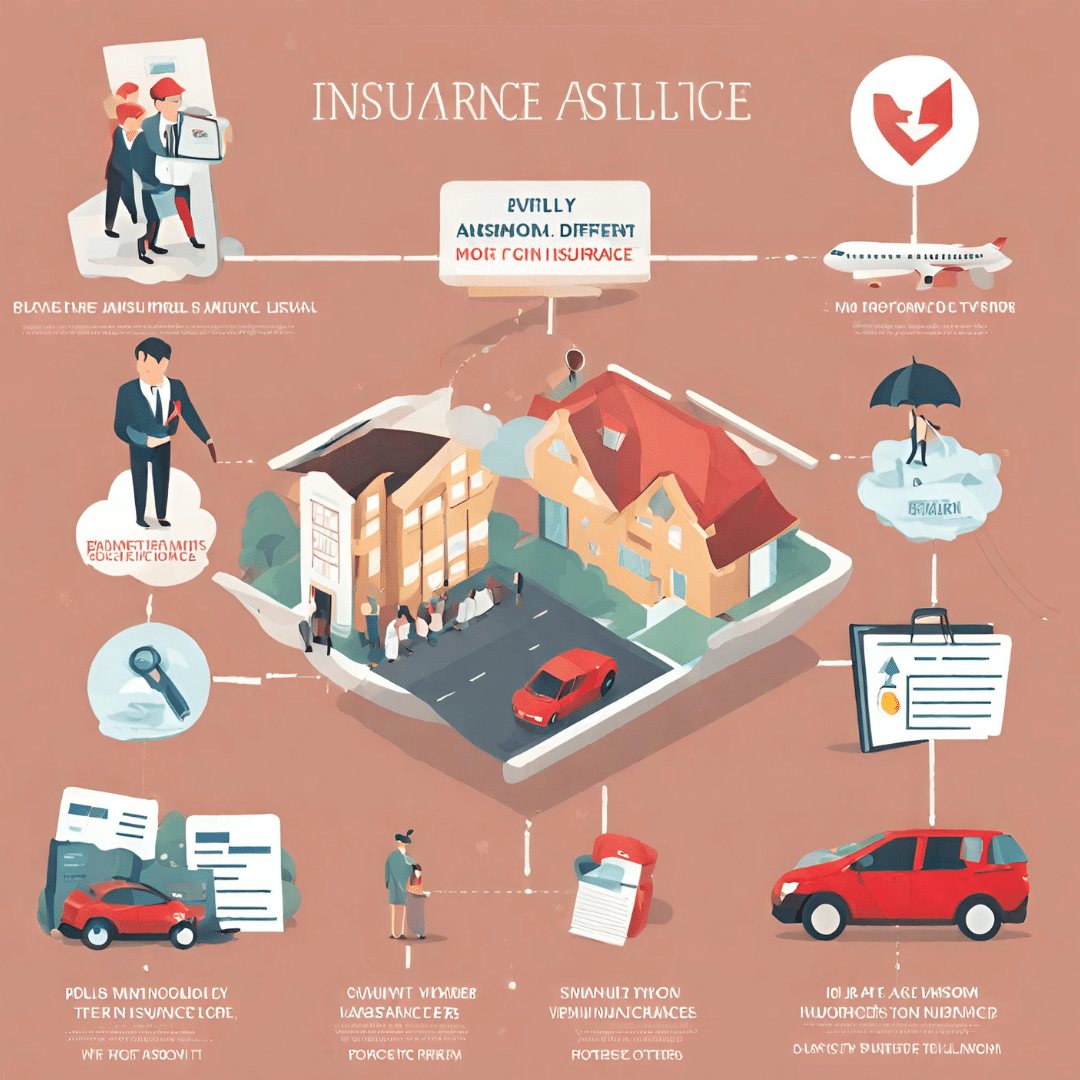Table of Contents
Insurance coverage can protect you against common life risks, such as fires, floods, auto accidents, and serious illnesses. Although natural catastrophes cannot be prevented, a solid insurance plan can help pay for these unforeseen costs. A strong personal financial plan starts with protecting your most valuable assets, and having the appropriate insurance plans can help you preserve your income and belongings. A few policies from reputable sources like Pure Cover that you should not lack are listed in this post.

Photo by Leon Seibert on Unsplash
Life insurance
In the UK, most persons (63%) lack life insurance. The cost of the policy is typically the deterrent, as the average monthly premium is £31.77. If your spouse or children are financially reliant on you, life insurance will provide them with a lump sum payment in the case of your passing. There are two primary varieties: “whole of life” pays out regardless of the moment of death as long as premiums are paid, while “fixed term” only pays out if you pass away within this period. If you work, determine if your company has a “death in service” plan beforehand. If so, your dependents will get a lump sum payment if you are still working at the time of your death. According to Unbiased, the average premium for term life insurance ranges from £5.83 for a 30-year-old to £30.20 for a 50-year-old.
Cohabiting unit? Ensure you are allocated to your partner’s life insurance, including any employee death in service benefits. If you cohabitate, you might not be automatically eligible. According to Scottish Widows, nearly half of unmarried persons in partnerships (43%) claim their spouse has not taken any steps to ensure they are legally entitled to their life insurance payout. You can calculate how much life insurance you need with the online calculators provided by most insurers. Inform your spouse and family about the location of the policy’s records; if they are held online, be sure that your usernames and account information—rather than passwords—are kept secure.
Home Insurance
There is no state statute requiring homes insurance, unlike vehicle insurance. To safeguard their interest in your property, your lender often wants coverage if you borrowed money to buy your house. In this manner, you can reconstruct your home in the event of damage or destruction and won’t be able to default on your mortgage. If anything damages or destroys your house and you don’t have home insurance, you’re still liable for the price of repairs or replacement. This is true even if you paid for your property outright without a mortgage. Purchasing house insurance coverage is a smart move.
Home insurance plans provide a variety of coverage options, such as:
Residence coverage: Dwelling coverage shields your home’s structure from unforeseen calamities like fire, wind, theft, or vandalism, from your roof to your floors. This kind of coverage also covers the cost of replacing or repairing structures linked to your home, such as a deck or garage. The quantity of your dwelling coverage must match the price of reconstructing your home.
Coverage for personal property: This kind of coverage covers your goods, including clothing, appliances, and furniture. Explosions, fires, and thievery are among the issues discussed. Personal property coverage is often limited to a percentage of your home coverage, usually between 50% and 70%. If you require extra coverage, you may often purchase it.
Additional buildings on the grounds. This coverage extends to structures on your land, such as a fence or tool shed.
Liability protection: Any unintentional injuries or property damage you cause to other people is covered by liability insurance. Furthermore, liability house insurance pays for your legal defence costs in case of a lawsuit. Liability insurance will thus cover your legal fees and the visitor’s medical expenses should they fall on your front stairs. Your net worth, or the maximum amount that might be garnished from you in a lawsuit, should match the amount of liability insurance you have.
Extra costs of living: Additional living expenses coverage provides for other expenditures like food and accommodation if you are temporarily forced to leave your home due to an issue covered by your policy. Note that a typical house insurance policy does not cover earthquake and flood damage, but additional insurance can cover these issues.
Travel Insurance
A mishap is the last thing you wish to worry about while organizing a vacation. If it does, you can be protected by having travel insurance. When making travel plans, it’s a good idea to consider purchasing travel insurance because it may protect you from various mishaps. Moreover, buying as soon as you make your reservation can provide cancellation or sickness coverage before your scheduled departure. A yearly coverage might sometimes be more affordable if you travel twice or more a year. Purchasing travel insurance, whether for a single trip or several trips, may prevent an unfortunate incident from becoming extremely expensive.
Generally speaking, unless it’s mandated by law, whether you need insurance from sources like Pure Cover depends on your situation. It could make greater sense to compare prices and locate a better offer if you are paying more than you should be rather than abandoning your insurance altogether.


